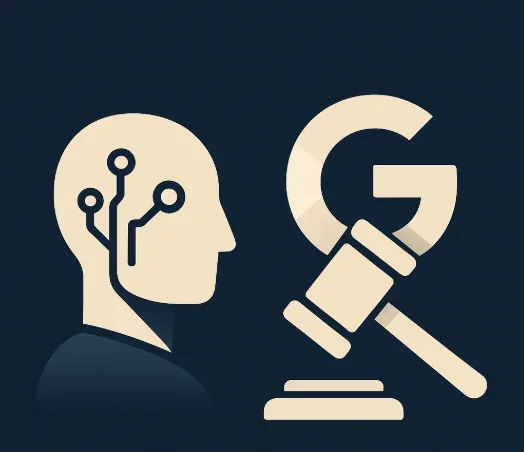Acer launches Veriton GN100 - a miniature AI workstation
Acer has announced the Veriton GN100, a miniature desktop workstation designed to develop AI models locally without relying entirely on the cloud. The device is equipped with a 20-core ARM NVIDIA GB10 Grace Blackwell Superchip and 128GB of unified memory with 4TB of M.2 NVMe storage. Performance is up to 1 PFLOP in FP4 AI operations, with the ability to connect two modules via a ConnectX-7 card to support massive 405 billion-parameter models.
The device supports popular software such as NVIDIA AI Stack, PyTorch, Jupyter, and Allama, making it suitable for on-premises or cloud development on accelerated infrastructures. In terms of connectivity, it offers Wi-Fi 7, four USB-C 3.2 ports, HDMI 2.1b, and Ethernet with a Kensington lock for enhanced security. Pricing starts at $3,999 in North America, Europe, and the Middle East, and $6,499 in Australia, making the device a powerful and relatively compact option for AI researchers and developers.
Tencent launches HunyuanWorld-Voyager - 3D video from a single image
Tencent has launched the HunyuanWorld-Voyager AI model capable of generating a consistent RGB-D video sequence from just one image. The user can specify the camera path to generate scenes, and the model has been trained on more than 100,000 videos to ensure high quality. The weights are available on the Hugging Face platform with restrictions in the EU, UK, and South Korea, and for use in services exceeding 100 million users requires additional approval.
The model achieves the highest Stanford University WorldScore benchmark of 77.62, outperforming models such as WonderWorld and CogVideoX-I2V. However, it remains limited in large-scale, real-time generation, such as the requirements of large 3D games.
Ruling against Google confirms the cautious approach of US federal courts
US federal courts have shown clear restraint in antitrust cases against major tech companies, including Google. Courts tend to avoid making radical decisions before other major rulings, reflecting a cautious approach to complex legal disputes that could affect the broader tech market.
AI innovations and a cautious verdict against Google - September 2025
